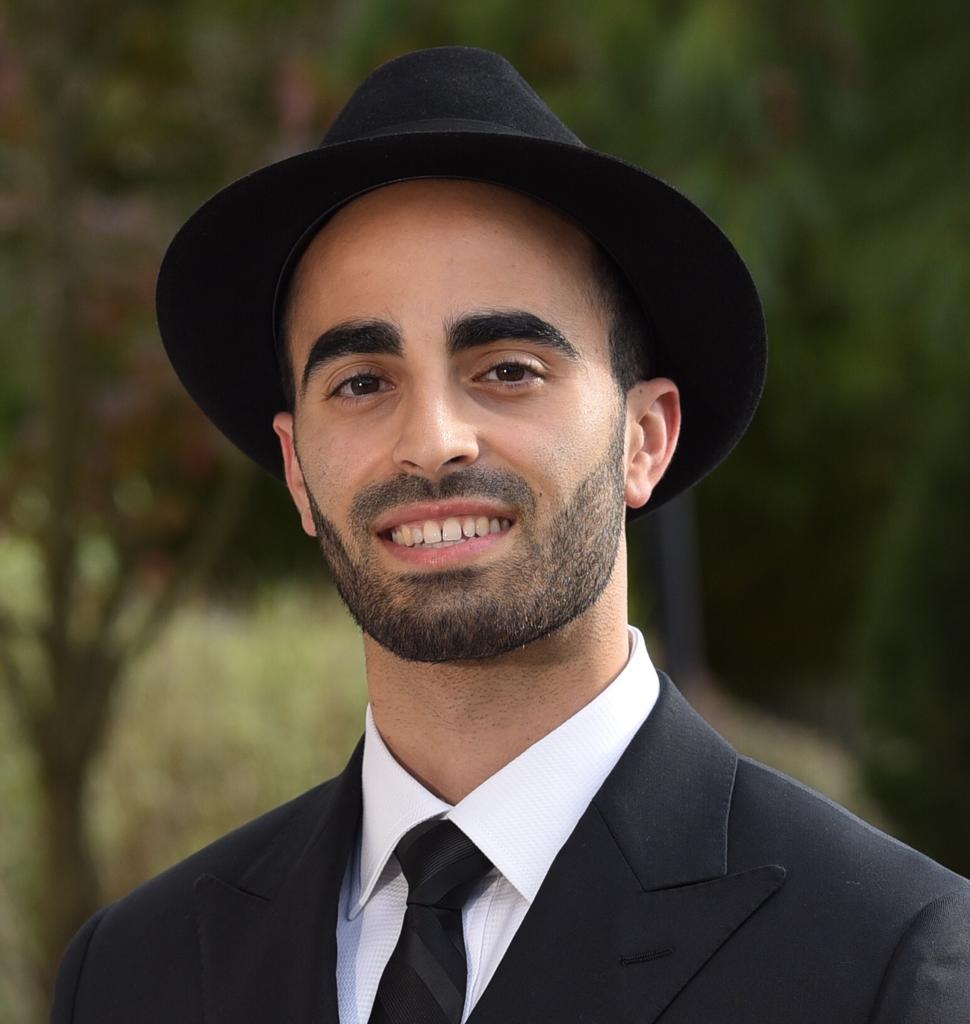
Identify to Unify
Our parsha centers around the kohanim and their related details. Interestingly, the midrash (Shemot Rabbah, 3:17) seems to imply that originally, Moshe was supposed to


Our parsha centers around the kohanim and their related details. Interestingly, the midrash (Shemot Rabbah, 3:17) seems to imply that originally, Moshe was supposed to

For some people, giving tzedaka could be easy; yet for others, it might be difficult. Our parsha begins with the topic of donations toward the

The very last pasuk of last week’s parsha says, “You shall not ascend My altar on steps, so that your nakedness will not be uncovered

Yitro throws a party, and hosts Moshe, Aharon and all the Elders of Israel (18:12). The Gemara notes that Yitro really had self-centered motivations in

With so much going on in the world, and with so much difficulty all around us, one might wonder “when will this galut be over

Living in such dire circumstances for so many years in Mitzrayim, who wouldn’t be jumping out of their skin to leave? Bnei Yisrael finally depart

I heard a story from R’ Gavriel Friedman about when he was once giving a philosophy-oriented class. He got up and began: “So you all

When Moshe is born, his mother tries to hide him. But after three months and no longer being able to hide him, the Torah describes

In our parsha, Yaakov says: “Red eyed from wine, and white toothed from milk.” The Gemara (Ketubot 111) quotes Rav Dimi who explains that this

Upon revealing his identity to his brothers, Yosef tells them “don’t be sad.” This remark implies that the brothers were sad and distressed. But they

Until Yosef was taken from him, we don’t find Yaakov thinking negatively of any of the challenges he had endured thus far — and he

The first Rashi in our parsha notes that whereas earlier the Torah briefly mentioned the circumstances of Eisav’s offspring and where he settled for they